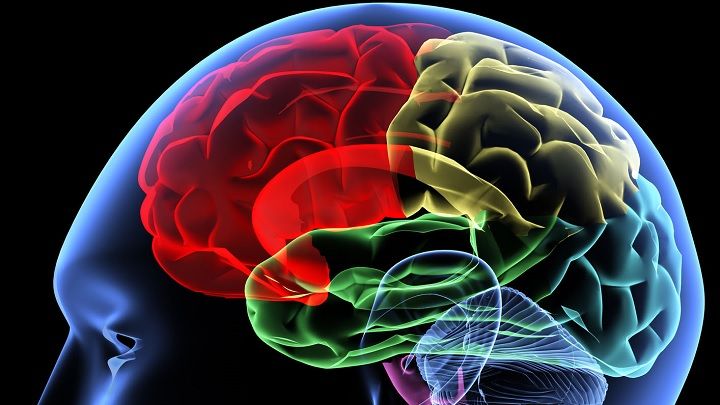We could see commercials for the “Spotless Mind” someday and in various releases. However, why stop there?
Recently, scientists did find the gene that ties serial and mass murders together as a cause for their evil deeds and CRISPR could someday eliminate these people from existing which is a great thing. However, what happens if folks in power believe everyone in Europe and the US cannot have any religious belief and/ or values in order (in their own belief) to keep everyone equal; so they use this technolgy to eradicate how people believe or view the world. Just imagine; like John Lennon’s “Imagine”.
Jim Carrey’s role as shy and morose Joel Barish in “Eternal Sunshine of the Spotless Mind” is deeply memorable in the context of his predominantly comedic repertoire of movie roles. And context is everything when it comes to recollection of memories. Though the kind of memory erasing technologies showcased in Eternal Sunshine may be too farfetched to ever become reality, scientists have nonetheless managed to make astounding progress in understanding and manipulating memories.
The most recent of these was the result of a joint study done in the US led by researchers at Dartmouth College, which also included scientists at Princeton, Bard College and the University of Illinois at Urbana Champaign. The researchers focused mainly on the contexts of our memories and how alterations made to these contexts can actually change our memories or even make us forget them. Using a specially designed brain mapping technology called “functional magnetic resonance imaging” (fMRI) the scientists constantly tracked thoughts related to memory contexts in the brains of the volunteer participants in the study.
Groups of participants were given two lists of random words to study while images of nature and scenery were shown to them. When they were told to forget the words, their brain scans revealed that participants were actually “flushing out” scenery-related brain activity. In contrast, there was no similar brain activity when they were asked to remember the words instead.

…to keep everyone equal; so they use this technology to eradicate how people believe or view the world…”
I believe there may be another way to view future Crispr genetic brain enhancements of mind and memories regarding religions and other beliefs.
When science creates a more intelligent mind enabling more easily understanding science from youth on, religions and other conflicting beliefs may simply move to the way-side. It’s another approach to be cognizant of.
I’m not convinced it will be useful to destroy a memory of religion…Ancient history. There are many other avenues along the way in genetically educating and enhancing the brain.